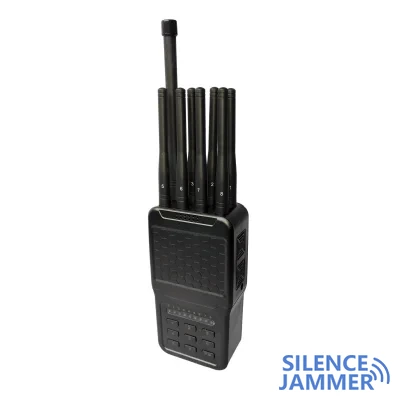Although cell signal jammers and mobile phone bans have many benefits, there are still some challenges in the actual implementation process, and multiple factors need to be considered comprehensively.
- 1. Considerations for students of different ages and special needs
- 2. Technical challenges
- 3. Social and parental acceptance
When implementing a mobile phone ban and using mobile phone signal jammers, the needs of students of different ages need to be considered. For example, primary school students and middle school students have different levels of dependence on mobile phones, and their learning and management methods should also be different. In addition, students with learning disabilities or physical disabilities may need special technical support, which should be fully considered in the process of policy formulation and implementation.
There are many types and functions of smartphones, and devices such as smart watches can also connect to the Internet. Therefore, when promoting cell signal jammers, more advanced technologies need to be developed to ensure that all possible devices can be effectively blocked.

The implementation of mobile phone bans and the use of cell phone jammers require the support of society and parents. The education department should make parents understand the purpose and importance of this measure through publicity and communication, and jointly maintain students' learning environment and mental health.
In conclusion
With the continuous advancement of technology, there may be more innovative means to manage and guide students to use mobile phones reasonably in the future. For example, by developing educational applications and platforms, students can be exposed to more beneficial learning resources when using mobile phones instead of being addicted to social media.


